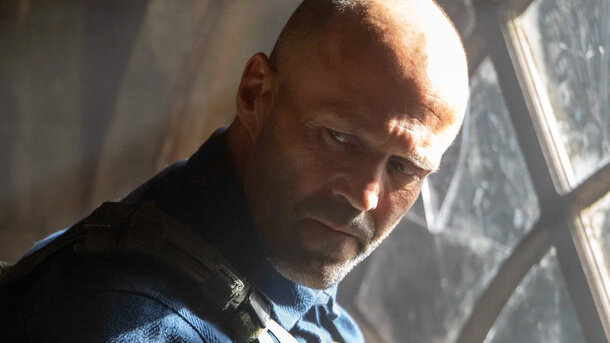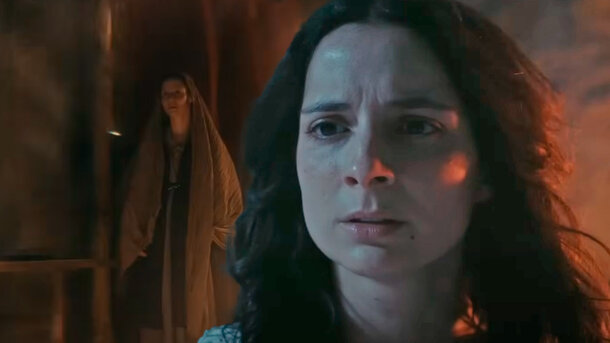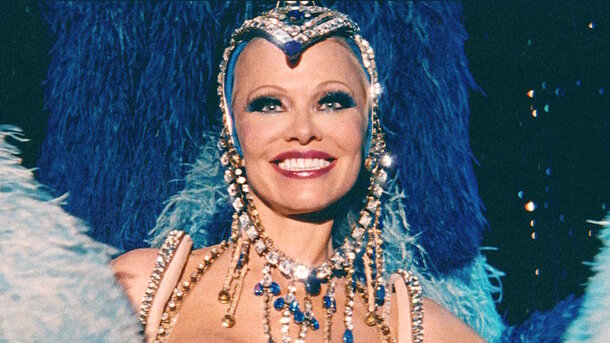The concept promised a thrilling blend of supernatural elements and vigilante justice, reminiscent of classic comic book narratives.
A Glimpse into the Shadows
Lazarus introduces us to Ray Lazarus, portrayed by Sean Riggs, an ordinary man whose untimely death becomes the catalyst for an extraordinary transformation. Revived by the enigmatic Hellborn, played by Shane Brolly, Ray discovers he possesses otherworldly abilities. With his city ensnared by a nefarious crime syndicate, Ray embraces his new identity to dismantle the criminal empire from within. The film delves into themes of redemption, the moral complexities of vengeance, and the eternal struggle between light and darkness.
Directorial Vision
Under the direction of R.L. Scott, Lazarus exudes a gritty, atmospheric tone that immerses viewers in the bleak reality of Paradise City. Scott's stylistic choices, from the moody lighting to the choreographed action sequences, reflect a clear homage to noir-inspired superhero tales. The film's pacing, however, occasionally falters, with certain scenes lingering longer than necessary, potentially disrupting the narrative flow.

Stellar Performances Amidst the Gloom
Sean Riggs delivers a compelling performance as Ray Lazarus, capturing the character's internal turmoil and evolution from an everyman to a reluctant hero. His portrayal is both believable and emotionally resonant, anchoring the film's fantastical elements in human experience. Costas Mandylor, as Detective Benjamin Poge, adds depth to the narrative, embodying the weary, morally conflicted lawman archetype. Shane Brolly's Hellborn, while enigmatic, could have benefited from a more nuanced exploration to fully realize the character's potential.
Visuals and Soundscape
The cinematography effectively utilizes the urban landscape to mirror the film's dark themes, employing shadow and light to underscore the perpetual conflict within Paradise City. Stefan L. Smith's musical score complements the visual aesthetic, blending haunting melodies with pulsating rhythms to heighten tension and underscore pivotal moments. However, certain action sequences, though ambitious, reveal the constraints of the film's modest budget, occasionally impacting the overall immersion.
Unveiling Deeper Meanings
At its core, Lazarus explores the concept of rebirth — not just in the literal sense, but as a metaphor for personal transformation and redemption. The film challenges viewers to consider the cost of vengeance and the possibility of salvation, even for those who have traversed the darkest paths. Symbolism is woven throughout, from the phoenix-like resurgence of Ray to the biblical allusions embedded in character names and arcs.
Final Verdict
Lazarus is an ambitious endeavor that, despite its limitations, offers a fresh take on the superhero genre. While it may not boast the high-gloss finish of blockbuster counterparts, its raw energy and heartfelt performances provide a viewing experience that is both thought-provoking and entertaining. For fans of indie action films with a supernatural twist, Lazarus is worth exploring.
- IMDb Rating: As of now, Lazarus holds an IMDb rating of 3.5/10.
- Budget and Awards: The film was produced with a budget of approximately $650,000. To date, there are no notable awards or nominations associated with Lazarus.
Transatlantic Audience Reception
In the United States, Lazarus has garnered mixed reviews, with audiences appreciating its creative ambition but noting the challenges posed by budgetary constraints. Conversely, in the United Kingdom, the film has found a niche audience that values its indie charm and thematic depth, viewing it as a commendable addition to the genre despite its imperfections.










